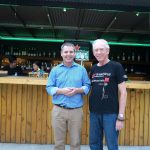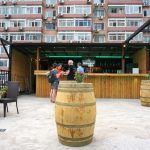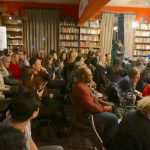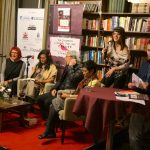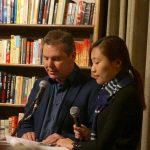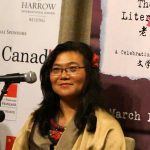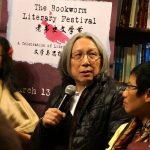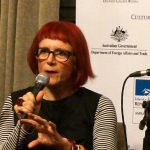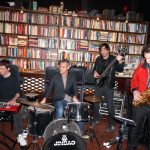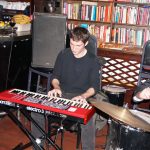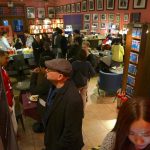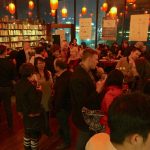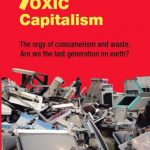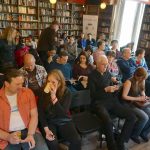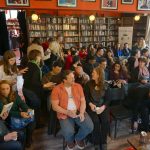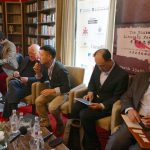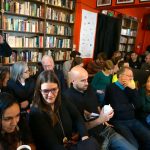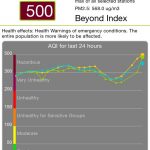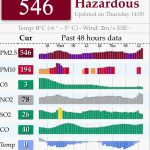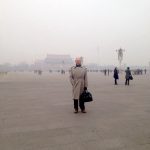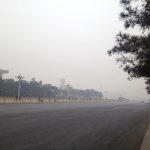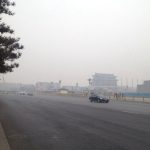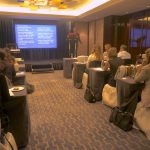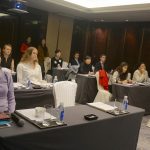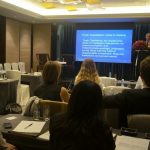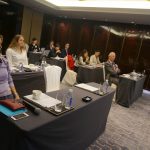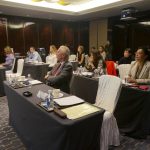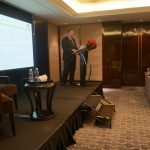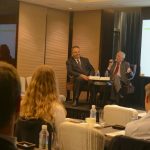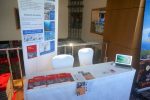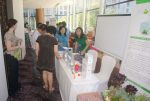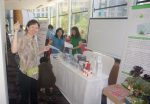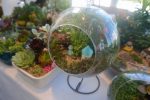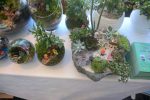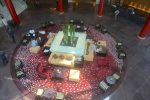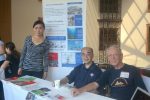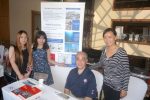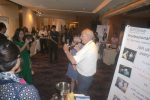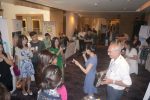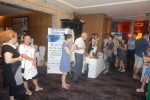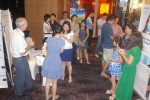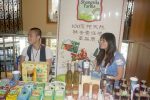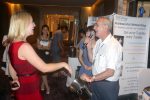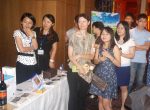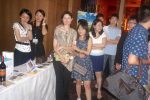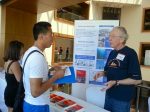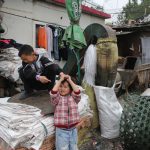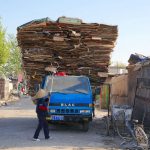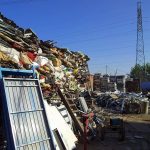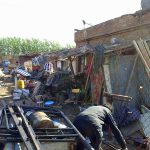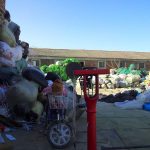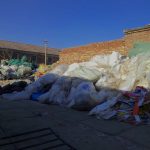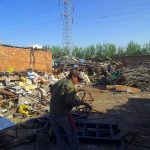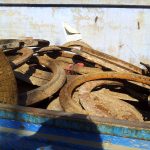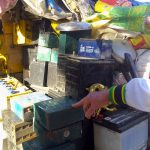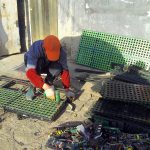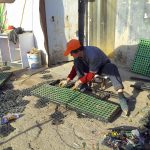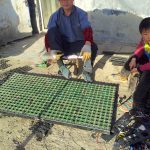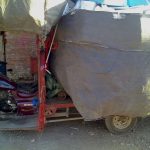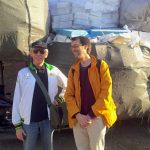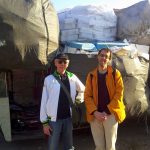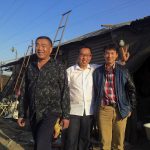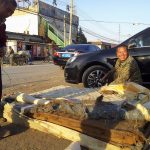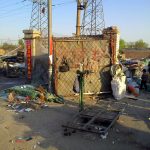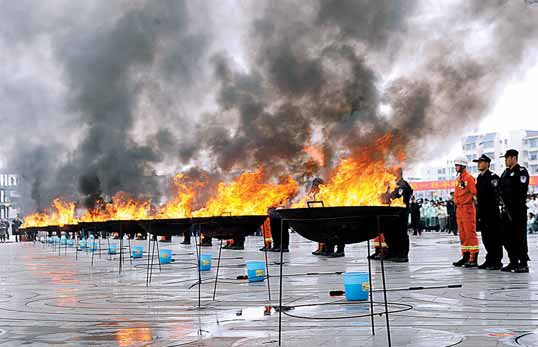Now in its 9th year, the Festival has become not only a tradition, it also has become … huge. From 13 to 29 March some 120 authors from anywhere in the world attend the events in the three locations: Beijing, Chengdu and Suzhou, all under the watchful eye of Peter who happens to be a Rotarian from the Chengdu club, see the pics when we first met at the upper deck of The Bookworm.
This year I attended the kickoff event on the evening of 13 March, for the talk “Celebrating Writers and Readers”. On the panel were: Chan Koonchung, Linda Jaivin, Sheng Keyi, Xu Xi and Lijia Zhang. A fully packed room. Followed by music and more drinks – one of our Rotaractors was at the piano…
For more on the Festival: http://bookwormfestival.com/
On Saturday 14 March I was fortunate to be at the following panel:
How does one reach beyond cliché to unearth the root causes of China’s environmental problems? Start by assembling a panel that rivals those you’d find at international summits: Ma Jun, possibly China’s preeminent environmentalist, selected by Time magazine as one of its 100 most influential people in 2006; Dr. Husayn Anwar, with more than three decades of experience, who founded the first private environmental services firm in China in 1992; Gilbert Van Kerckhove, author of the thought-provoking book Toxic Capitalism; and Xizhou Zhou, honored by Forbes in 2011 as one of the “30 Under 30” young leaders in energy. Moderated by Jonathan Fenby, who sits on the Board of Trustees of the environment-focused Chinadialogue.net. This event was in English and Chinese (thanks to a super translation…).
See the announcement: http://bookwormfestival.com/events/2015bw14c/
The debate was interesting and lively and the room was fully packed… Then some say the environment issue is “passé”? It was clear most agree the water problems are underestimated, the air pollution is indeed serious, implementation of the environmental laws are still a major challenge and we as consumers have to change our attitudes.
It was an honor to have Ma Jun on the panel, he is featured in my book and he is probably the most famous pioneer in environmental issues here in China. I mostly commented on the well-know documentary “Under The Dome” by Chai Jing. Somehow my book already addressed all the same issues and much more. She came at the right time and adds to more awareness on the environmental problems. And she is a former CCTV host, a lady who spent a lot of money on the documentary and – did it all in Chinese. I can‘t compete with that!
Seems all my books in stock at The bookworm were sold out…
